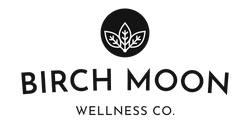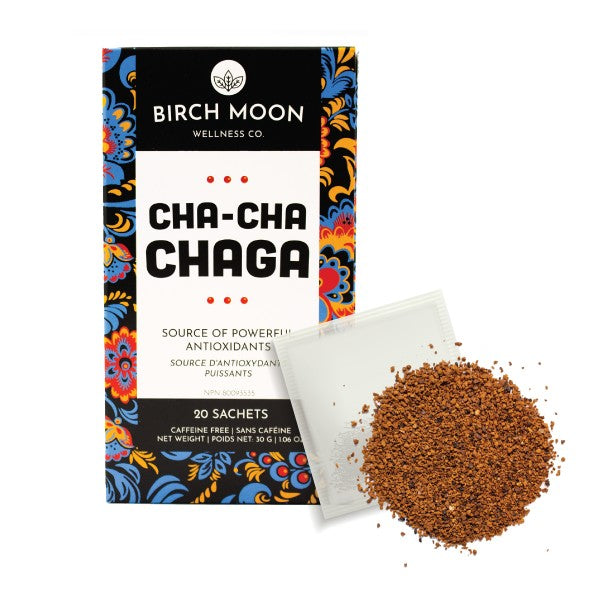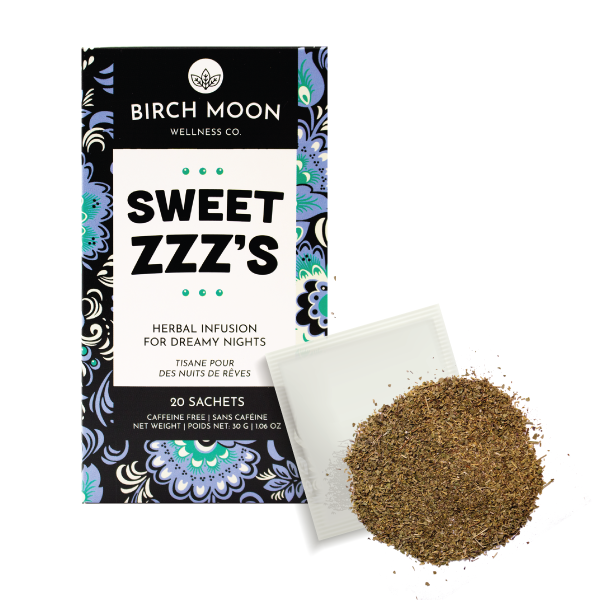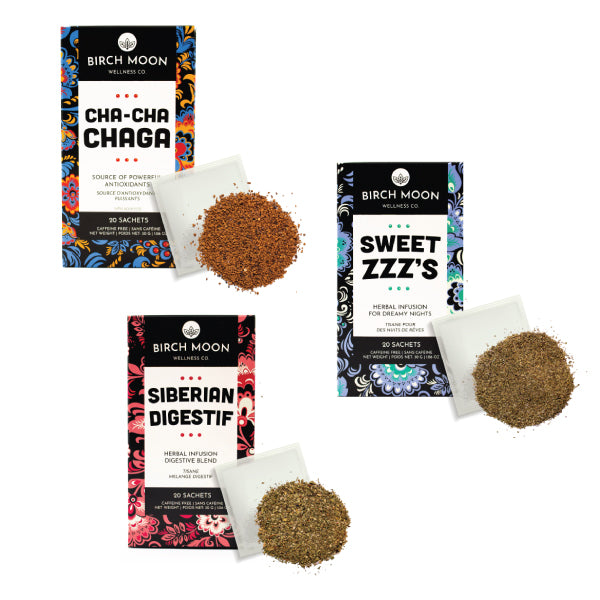In the world of natural health and wellness, two names often emerge as powerful sources of potential benefits: chaga and reishi. These fungi, deeply rooted in traditional medicine, have gained significant attention in modern health circles. This article delves into the unique properties, uses, and differences between chaga fungus and reishi, providing insights into which might best suit your wellness needs.

What is Chaga Fungus?
Chaga (Inonotus obliquus) is a type of fungus that primarily grows on birch trees in cold climates. It's not your typical mushroom; it resembles a dark, crusted mass rather than the classic mushroom shape. Chaga has been used for centuries in Eastern Europe and Asia for its potential health benefits.
Nutritional Profile and Benefits
- Antioxidants: Chaga is renowned for its high antioxidant content, which can combat oxidative stress and may reduce the risk of chronic diseases.
- Immune Support: It has been traditionally used to boost the immune system, thanks to its beta-glucans.
- Anti-inflammatory Properties: Chaga may help reduce inflammation, thereby aiding in the management of inflammatory conditions.

Understanding Reishi
Reishi mushroom (Ganoderma lucidum), often called the “mushroom of immortality,” is a staple in Eastern medicine. Unlike chaga, reishi has a more familiar mushroom appearance with a glossy, red-varnished cap.
Nutritional Profile and Benefits
- Immune Modulation: Reishi is known for its immune-modulating effects, potentially enhancing immune response while also exerting calming effects on an overactive immune system.
- Stress Reduction: Traditionally used for its calming properties, reishi may help in reducing stress and improving sleep.
- Heart Health: Some studies suggest that reishi can positively influence blood pressure and cholesterol levels, contributing to overall heart health.

Chaga vs. Reishi: The Comparison
While both chaga and reishi offer impressive health benefits, their applications and effects can vary:
- Antioxidant Power: Chaga takes the lead in antioxidant content, which makes it a strong contender for those focusing on anti-aging and cellular health.
- Immune System: Both fungi support the immune system, but chaga is more about boosting it, while reishi focuses on balancing and regulating.
- Stress and Sleep: Reishi is the go-to for stress reduction and sleep improvements, thanks to its adaptogenic properties.
- Accessibility and Use: Chaga is often found in colder regions and typically consumed as a tea. Reishi is more widely available in various forms, including supplements, chaga teas, and extracts.
Both chaga fungus and reishi mushroom offer unique health benefits and have their own places in the realm of natural wellness. Your choice between chaga and reishi should depend on your specific health goals and needs. Whether it’s bolstering your antioxidant defenses with chaga or seeking stress relief and immune balance with reishi, these fungi stand as testaments to the power of nature in supporting human health.
As always, consult with a healthcare professional before adding any supplement to your regimen, especially if you have pre-existing health conditions or are taking medications.





